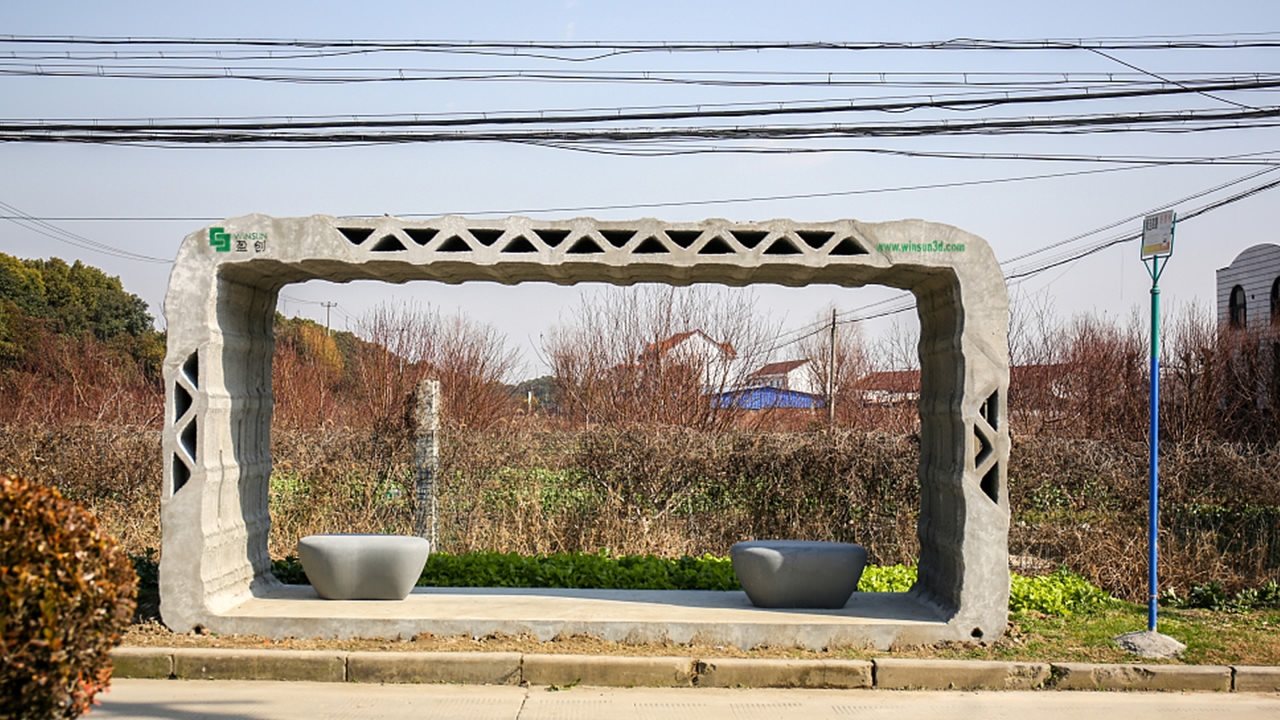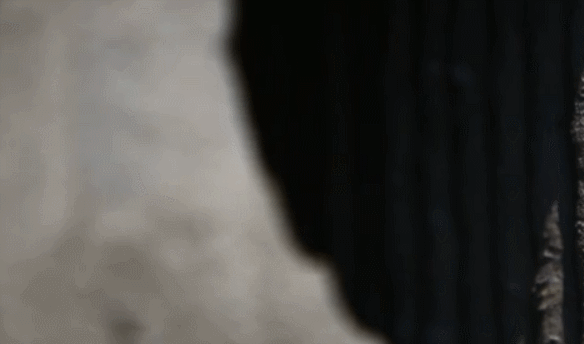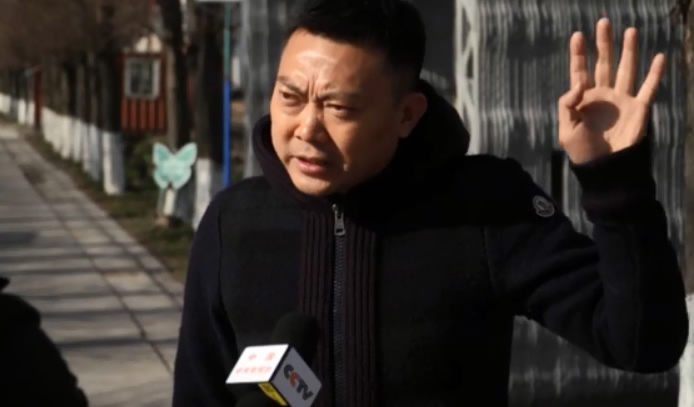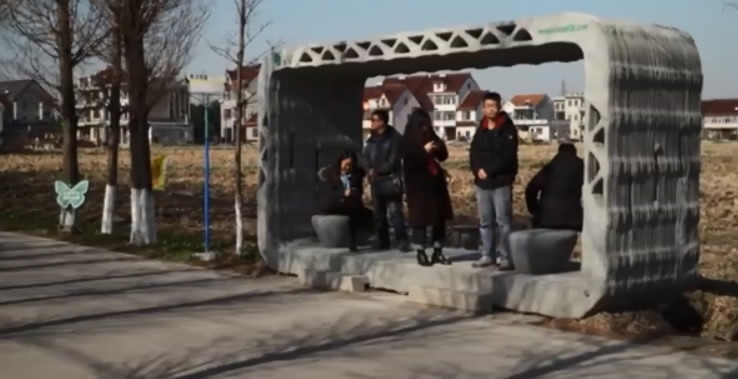
Tech & Sci
12:31, 16-Jan-2018
China installs world’s first 3D-printed bus stop
By Gao Yun

China has unveiled 3D-printed bus stations in the eastern metropolis of Shanghai which, according to local media, are the world’s first of this kind.
Shanghai has installed 16 of these new bus stops in the Fengjing Town area of Jinshan District. At 5.1 meters long, 1.5 wide and 2.7 tall, each of them can accommodate over 10 passengers.
Each bus stop is made up of renewable materials taken from construction waste, making them environmentally-friendly.

The process to make 3D printing material with construction waste /CCTV Gif
The process to make 3D printing material with construction waste /CCTV Gif
they were printed with industrial waste from demolition, recycling and steel slag, said Ma Yihe, chairman of Yingchuang Building Technique (Shanghai) Co., ltd., the company that builts the bus stations.
The technique used to print with construction waste is the world's first, according to the company. No harmful substances are produced during the printing process and even the remaining materials can be utilized again.

Ma Yihe, chairman of Yingchuang Building Technique (Shanghai) Co., ltd. /CCTV Photo
Ma Yihe, chairman of Yingchuang Building Technique (Shanghai) Co., ltd. /CCTV Photo
Materials come first in 3D-printing, said Ma. “Using construction waste as the printing material requires strict classification and process, and provides better quality than traditional materials.”
“The impurity that gets separated is some dust, which can be used as plant soil. We can also compost the mixture of the dust, grass and fruit kernels. It is completely recycled,” Ma added.

The 3D-princted bus stop /CCTV Photo
The 3D-princted bus stop /CCTV Photo
The technique is also very efficient. Such a bus stop can be printed within a single day, and an experienced operator can run three printers at the same time. Once complete, installation takes less than two hours.
The local government has been promoting such sustainable projects in infrastructure construction. Besides for 3D-printed bus stops, roads and multi-functional buildings are also expected to be 3D-printed in the near future, with an aim to converting the industrial waste in the Fengjing Town and the whole district into 3D- printing materials and making the area eco-friendly.
1087km

SITEMAP
Copyright © 2018 CGTN. Beijing ICP prepared NO.16065310-3
Copyright © 2018 CGTN. Beijing ICP prepared NO.16065310-3